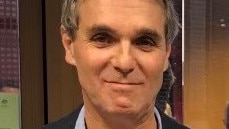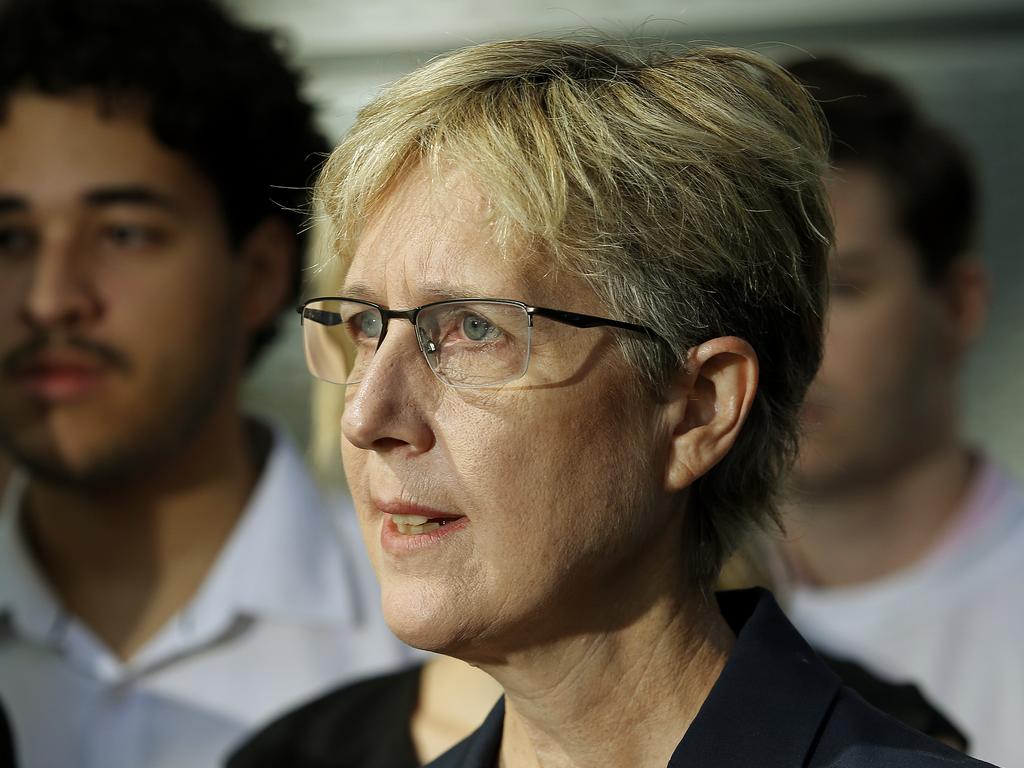Fair Work chief Adam Hatcher quizzes bosses over productivity inaction
Commission president Adam Hatcher has also questioned the restaurant sector for advocating a real wage cut for the low-paid.

Fair Work Commission president Adam Hatcher has asked employers why they are not taking more action to improve productivity through capital investment or work reorganisation, while quizzing the restaurant sector for advocating a real wage cut for the nation’s low-paid.
During a final public hearing ahead of this year’s annual wage decision, Justice Hatcher questioned the Australian Chamber of Commerce and Industry after its chief economist, Peter Grist, said any minimum wage increase above inflation should be tied to productivity.
The chamber is proposing the commission limit this year’s wage increase grant for 2.9 million workers to 2.5 per cent, in line with the inflation rate.
Unions are seeking a 4.5 per cent rise from July 1 while the federal government is proposing an above-inflation increase, asking the commission to award an “economically sustainable real wage increase” for award-reliant and minimum wage workers.
Asked by the commission what factors drove productivity, Mr Grist acknowledged the Productivity Commission was currently examining those factors, and welcomed the government’s focus on productivity.
But he said productivity had been stagnant for five years and any government policy changes would take some time to be implemented.
Justice Hatcher questioned Mr Grist about why employers were not taking more action to lift productivity.
“At the individual business level, it’s ultimately up to the management of a business to take the steps necessary to improve productivity, whether it’s by way of work reorganisation or capital investment,” Justice Hatcher told the hearing.
“So from employers’ perspective, why isn’t that happening? Why isn’t there sufficient capital investment to keep up with high rates of new employment, or why isn’t multi-factor productivity improving by way of more tangible factors like work reorganisation? Why do employers say they’re not doing that?”
Mr Grist replied that businesses had been under a lot of pressure in recent years, profitability had been very low, and companies were facing a lot of market uncertainty.
“Businesses have limited profits to reinvest in their business and, with the uncertainty, they are wary of investing because they don’t necessarily see the returns available from the investment that they are making,” he said. “It’s more the weak economic climate and the uncertainty that’s holding back business investment.”
Justice Hatcher later questioned Wes Lambert, chief executive of the Australian Restaurant and Cafe Association, which Mr Lambert set up last year with chef Neil Perry and restaurant owner Chris Lucas.
Mr Lambert pressed the case to limit the wage increase to a below-inflation 2 per cent, arguing it was a fair and economically responsible rise that would avoid small businesses being forced into contraction or closure after years of economic volatility.
He said previous award wage increases had been offset by menu price rises but restaurants and cafes could not continue to put prices up without risking losing customers.
“We are at the limit we can charge for a cup of coffee, we are at the limit we can charge for a steak or a chicken parm,” he said.
“We cannot continue to put our prices up especially during this cost-of-living crisis.”
Asked by Justice Hatcher whether the association’s proposal for a 2 per cent rise amounted to a “real wage reduction”, Mr Lambert agreed, while saying other parties were calling for an above-inflation increase.
He said the commission should “look at both sides” because the Fair Work Act required minimum wage decisions to balance worker welfare with the competitiveness and sustainability of the national economy and business-specific issues.
But Justice Hatcher said “on the demand side, a reduction in real wages would result in a decrease in discretionary spending and I would have thought the first sector impacted by that would be yours”.
“Do you accept that a reduction in real wages would lead to at least people dependent on award wages to reduce their discretionary spending and that would affect the demand side of your sector’s business model,” he asked Mr Lambert, who responded “yes and no”.
Mr Lambert said given 40 per cent of the sector’s costs were labour-related, an above-inflation rise would force prices up, leading to a drop in spending.






To join the conversation, please log in. Don't have an account? Register
Join the conversation, you are commenting as Logout